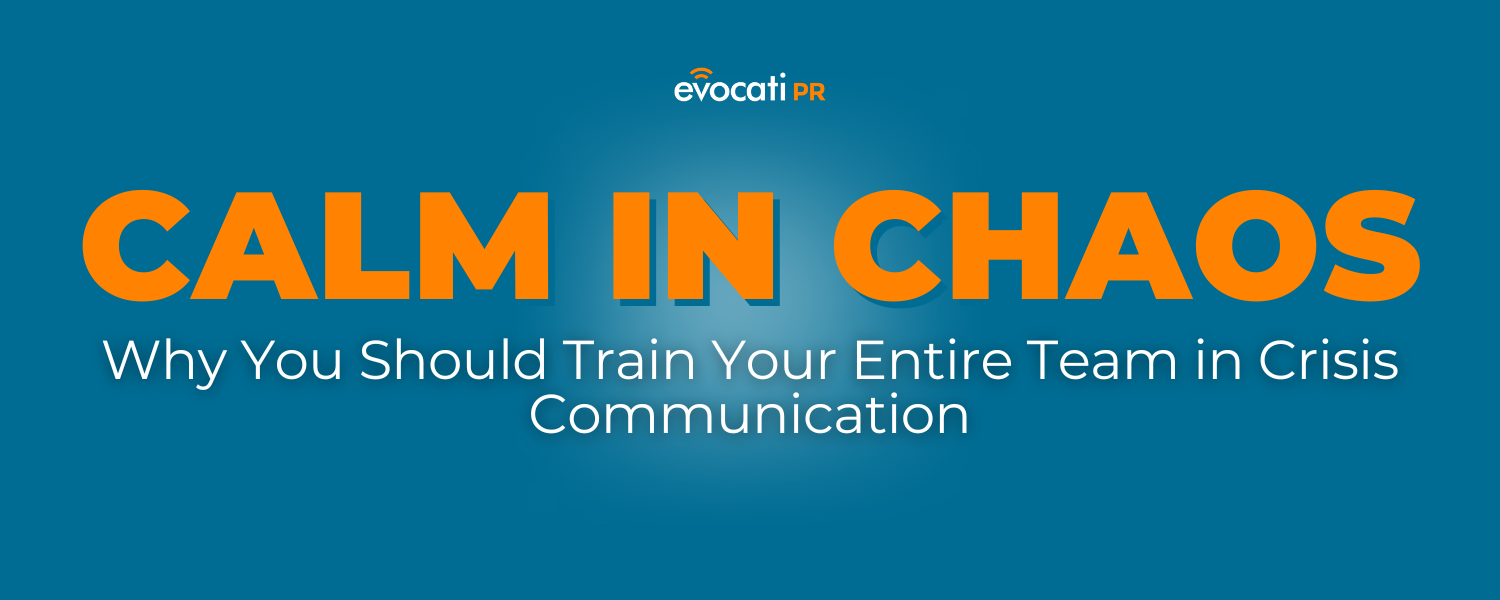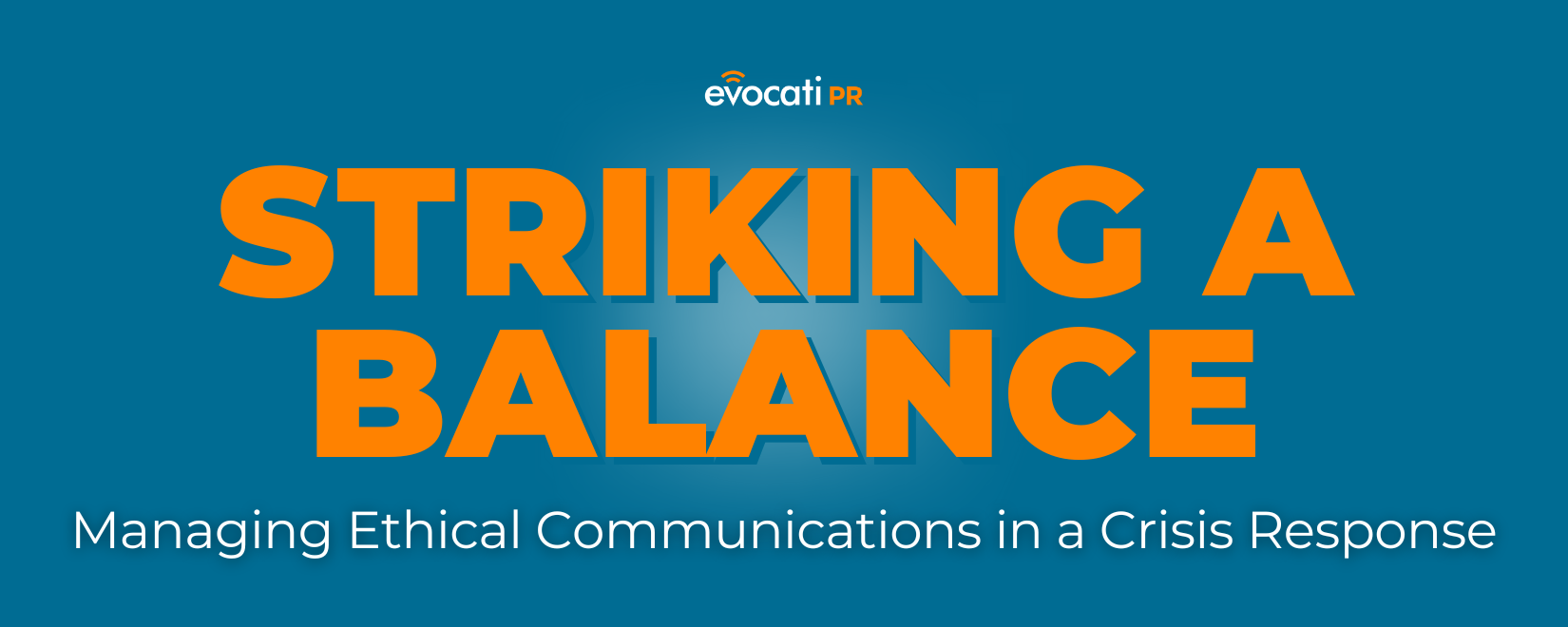Calm in Chaos: Why You Should Train Your Entire Team in Crisis Communication
Businesses are more vulnerable than ever to crises that can derail operations and damage reputations
Introduction
Whether it's a product recall, a social media blunder, or a natural disaster, how a company communicates during a crisis can make or break its future. Surprisingly, many organizations we've interacted with do not have a crisis communication plan in place which places you at high risk for failure.
READ MORE: Crisis Communication: What is it and Why Is It Essential For Entrepreneurs? | Evocati PR
We've covered crisis communication and PR in past articles so be sure to check those out below. Here, we'll explore the benefits of training your entire team in crisis comms, providing insights and actionable steps for you to follow.
Evocati PR leading a crisis communication workshop with Soldiers' Angels staff. (Source: Evocati PR)
The Benefits of Comprehensive Team Training
Comprehensive training for all of your team members should be viewed as a strategic investment in your company’s reputation and brand “firepower”, e.g. its ability to respond to a crisis in a manner that mitigates fallout.
Here are three ways training your team will benefit your company:
1. Enhanced preparedness for various crisis scenarios
Training your entire team ensures that everyone knows their role and responsibilities during a crisis. This collective preparedness allows for a more coordinated and efficient response, reducing the impact of the crisis on the organization.
2. Improved coordination and response time
With comprehensive training, employees can act swiftly and cohesively, minimizing confusion and delays. Quick, coordinated action can prevent a crisis from escalating, protecting your reputation and bottom line.
3. Building a culture of transparency and trust
When all team members are trained in crisis communication, it fosters a culture of transparency and trust within the organization. Employees feel more confident and valued, knowing they play a crucial role in safeguarding the company's reputation.
Soldiers' Angels staff engage in a crisis communication exercise led by Evocati PR. (Source: Evocati PR)
Implementing Training in Your Organization
Steps for designing and implementing crisis communication training for your team
Designing a crisis communication training program involves several key steps:
Assessment: Identify potential crisis scenarios specific to your industry and business.
Plan Development: Create a comprehensive crisis communication plan outlining roles, responsibilities, and communication channels.
Training Sessions: Conduct regular training sessions and simulations to familiarize the team with the plan.
Continuous Improvement: Periodically review and update the training program and crisis response plan based on feedback and results of your training sessions.
READ MORE: What to do When You're in Crisis Without a Crisis Response Plan | Evocati PR
Measuring the Impact of Training
To gauge the success of your crisis communication training, consider tracking the following metrics:
Response Time: Measure how quickly the team responds to crises.
Stakeholder Feedback: Collect feedback from employees, customers, and other stakeholders on the effectiveness of communication.
Crisis Resolution: Evaluate how efficiently and effectively crises are resolved.
You Got This!
Training your entire team in crisis communication is not just a wise investment but a crucial strategy for safeguarding your organization's reputation and ensuring business continuity.
By enhancing preparedness, improving coordination, and fostering a culture of transparency, comprehensive team training can transform how your business navigates crises. Now is the time to assess your organization's readiness and implement a thorough training program. The peace of mind and protection it offers are invaluable in our unpredictable landscape.









